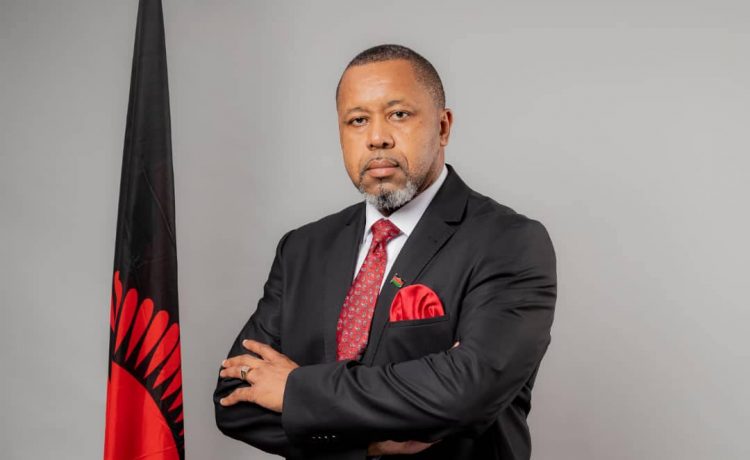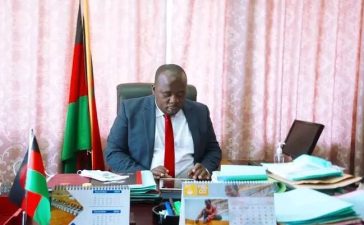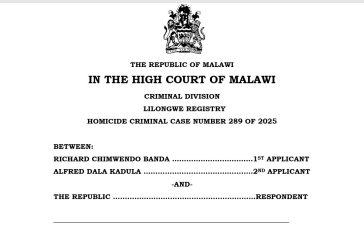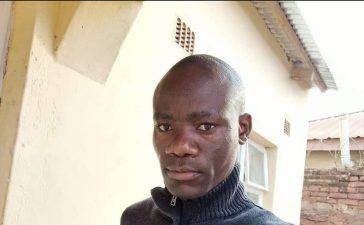In a stunning turn of events, the United States of America, long hailed as a beacon of transparency, accountability, and human rights, finds itself under scathing scrutiny from astute Malawians for its controversial handling of alleged corruption.
In a bold move on Wednesday, the USA State Department unleashed a barrage of condemnations, levying a ban on former Solicitor General and Principal Secretary for Justice Reyneck Matemba, erstwhile director of Public Procurement and Disposal of Assets Authority John Suzi Banda, former legal luminary of the Malawi Police Service (MPS) Mwabi Kaluba, and ex-police Inspector General George Kainja, effectively slamming the door on their entry into the country. Adding a surreal twist, the ban extends its ominous reach to encompass their spouses, treating them as if they were co-conspirators in the alleged malfeasance.
The scathing statement from the USA Department of State alleges that Matemba, Suzi Banda, Kaluba, and Kainja flagrantly abused their public offices, purportedly accepting “articles of value” from a private entity in exchange for securing a lucrative government procurement contract for the Malawi Police Service.
Yet, amidst the tumult of accusations, Malawians have taken to the digital pulpit of social media to voice their incredulity at the apparent double standards. They question why Vice President Saulos Chilima, embroiled in the same Zuneth Sattar corruption saga and currently navigating the labyrinth of the legal system, remains conspicuously absent from the list of the banned. Chilima’s arrest last year on charges of alleged influence peddling and financial impropriety has left many scratching their heads in bewilderment.
Joseph Masin voices the collective bewilderment, pondering the rationale behind singling out certain individuals while leaving others untouched. Phillip Misomali echoes these sentiments, suggesting that the hasty actions of the USA Department may betray a streak of selective justice, raising eyebrows and fanning the flames of controversy.
Chituli Msenga adds fuel to the fire, speculating whether the hand of a certain “corrupt, impatient friend,” perhaps referring to Ambassador David Young, has played a clandestine role in orchestrating the selective measures. Msenga demands answers, invoking the principle of innocent until proven guilty, and calling into question the propriety of besmirching the reputations of the accused on a global stage before due legal process has run its course.
In this tempest of accusations and conjecture, Malawians demand transparency, accountability, and adherence to the sacred tenets of justice, unwilling to be mere pawns in a geopolitical game of chess.












